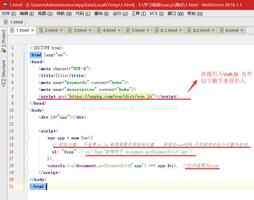单链表实现两组整数相加(Java)

package org.skyeye.test;import org.springframework.util.Assert;
public class NodeAdd {
public static class Node{
int data;
Node next;
public static enum Number{
zero(0),
one(1),
two(2),
three(3),
four(4),
five(5),
six(6),
seven(7),
eight(8),
nine(9);
int value;
Number(int value) {
this.value = value;
}
public static boolean in(int value) {
for(Number v: Number.values()) {
if(v.value == value) {
return true;
}
}
return false;
}
}
public Node(int data, Node next) {
Assert.state(Number.in(data), "must be in 0-9.");
this.data = data;
this.next = next;
}
public void setData(int data) {
this.data = data;
}
public void setNext(Node next) {
this.next = next;
}
}
public static Node reverse(Node head) {
if(head==null || head.next==null) {
return head;
}
Node pre = null;
Node current = head;
while(current != null) {
Node tmp = current;
current = current.next;
tmp.setNext(pre);
pre = tmp;
}
return pre;
}
public static Node add(Node one, Node two) {
int i = 0;
Node one1 = reverse(one);
Node two1 = reverse(two);
Node pre = null;
while(one1!=null || two1!=null) {
int tmp = i;
if(one1 != null) {
tmp += one1.data;
one1 = one1.next;
}
if(two1 != null) {
tmp += two1.data;
two1 = two1.next;
}
if(tmp>=10) {
tmp -= 10;
i = 1;
}else {
i = 0;
}
Node t = new Node(tmp, null);
t.next = pre;
pre = t;
}
if(i>0) {
Node head = new Node(i, pre);
pre = head;
}
return pre;
}
public static void print(Node head) {
StringBuilder builder = new StringBuilder();
while(head!=null) {
builder.append(head.data).append("->");
head = head.next;
}
System.out.println(builder.toString());
}
public static void main(String[] args) {
Node one = new Node(1, new Node(2, new Node(3, new Node(4, new Node(5, null)))));
Node two = new Node(3, new Node(4, new Node(5, null)));
Node result = add(one, two);
print(result);
}
}
以上是 单链表实现两组整数相加(Java) 的全部内容, 来源链接: utcz.com/z/393508.html









